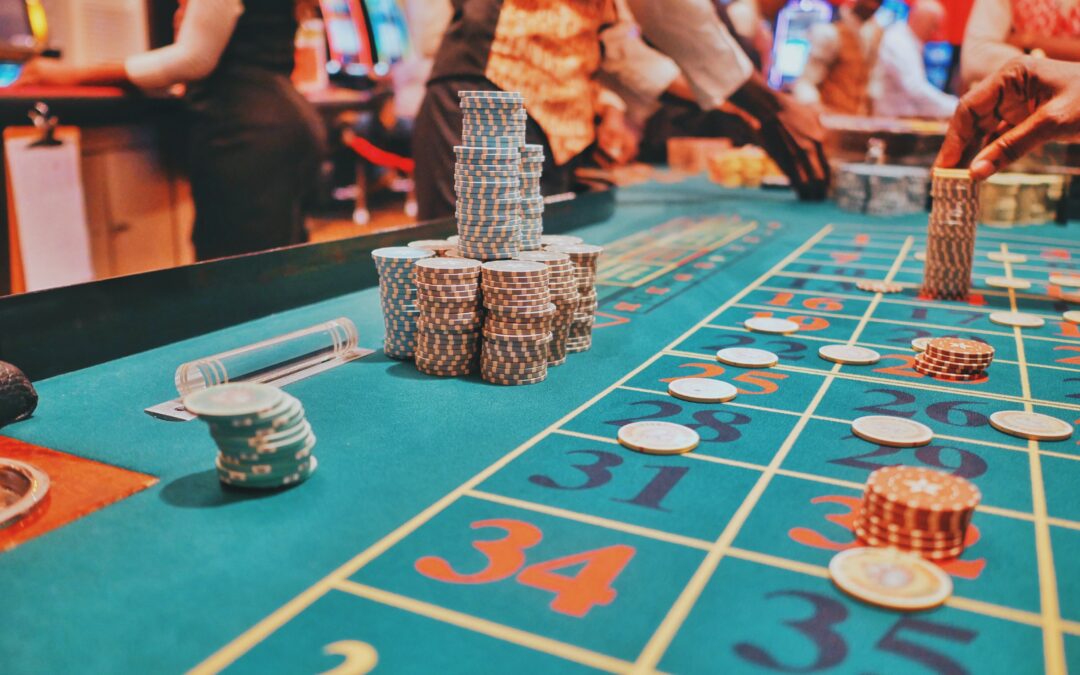The classic motivations for going on holiday have been much-needed rest and relaxation, a desire to see natural or architectural wonders, and to encounter different cultures. One of the not-so-classic reasons for travelling is gambling and trying one’s hand at a bingo cafe. It turns out that it is a major force in the tourism industry.
Admittedly, Las Vegas has been a popular tourist destination for the better part of a century precisely because of its over-the-top casinos, not unlike tragamonedas en línea en Chile. However, recent years have seen other US cities, as well as Macau and other Asian destinations, as well as Australia, South Africa, online betting NZ, and other places benefit from players who also have been bitten by the travel bug. Make no mistake – it is big business.
The Numbers Are Staggering
The numbers of tourists that visit places in which gambling is legal are mind-boggling. In 2016, more than 40 million American and foreign tourists visited Las Vegas.
Some of Australia’s casinos boasted visitor numbers in excess of 10 million, with at least 1 million Chinese gamblers having opted to travel to the country rather than to the US. Other destinations that have benefited from gambling tourism include Cambodia, the Philippines, Singapore, and South Africa. The latter’s Johannesburg-located Montecasino alone attracts more than 9 million visitors annually, many of whom are foreign tourists. Even well established gaming destinations such as London and Monaco have seen an increase in the number of travellers from whom gambling is a main attraction. Even as millions of passengers take to the skies daily, not everyone can afford to travel abroad. Some do not even bother visiting casinos in the hometowns, preferring to play the best online pokies Australia.
The Benefits Overflow
Casino operators are not the only ones to benefit from the high numbers of tourist players. They also need to be accommodated and fed, and they need alternative entertainment options.
Ultimately, gambling tourism also helps strengthen the hospitality industry, and it creates opportunities for entertainment hubs to spring up. Such venues often include arcades, theatres, theme parks, nature reserves, golf courses, spas, gyms, and shops.
Another impact it has is that of increasing diversity. Apart from bringing in foreign players, gambling tourism usually also brings in foreign workers. One of the best examples of this is Australia’s casinos. Operators obviously would want to retain the million-plus players who switched loyalty from Sin City to the Land Down Under. One possible obstacle that happened was language barriers. To counter this, Australian casinos started employing more Mandarin-speaking dealers and other staff, most of whom are Chinese.
International Challenges
Gambling tourism is not without its challenges. Macau’s casinos continue to grow in popularity among Asian players, many of who are now content to travel shorter distances to indulge in their passion.
In 2019, Macau’s casinos reported record numbers of visitors, even as they began to feel the effects of a drop in the number of high rollers. The venues’ traditional big spenders evidently were too busy dealing with the effects of the US-Chinese trade war and of the costliest typhoon in Chinese history. 2019 also has been a difficult year for the travel and tourism industry around the world. Perhaps this year is the equivalent of a losing streak. If it is, may it be short-lived.
